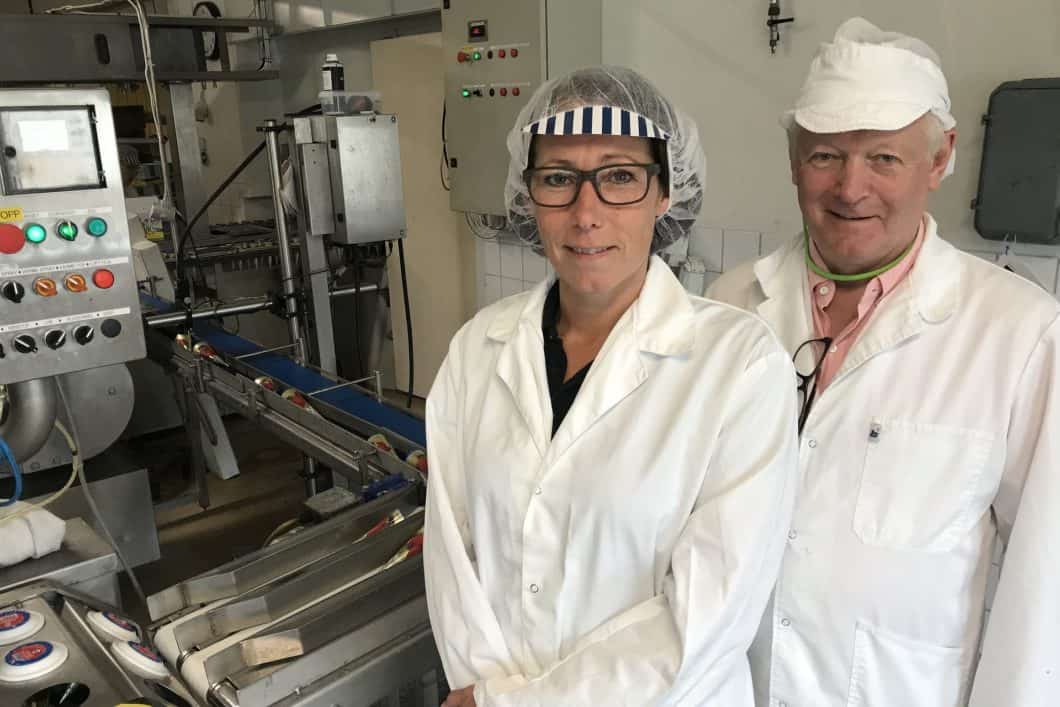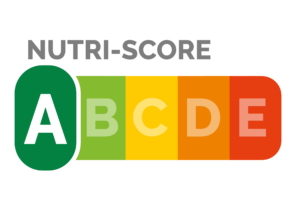Columns • How are we meant to perceive ice cream where sugar has been replaced by sweetened fibres? Does this mean it's healthy? I would love to give you a simple answer. Yes – and it's the solution to the world's great problem! Or, no – it's just exceptionally tasty. But complicated questions demand complicated answers. Here is my reflection on the matter.
During the fair held by the association for food and beverage producers in Sweden, Bayn served ice cream without added sugar. It was supplied by Engelholms Glass and it contains our sweetened fibres. We received a hugely positive response! “That is so tasty! It’s amazing.. I’ll get my colleagues – they just have to try this!”
Affirmation is great.
Among the praise there were also questions: “Hm, what are we supposed to experience when eating this ice cream? Are we to perceive it as healthy?”
Not a simple black-and-white issue
The questions stuck, as good questions do. Really good questions challenge and probe, and demand nuanced answers. And so they should when we deal with discussions on food and beverage these days. And they got me thinking.
I kept coming back to the question if the ice cream was healthy, or not. Since it contained clear traces of pathos, ethos and logos – value, credibility and logic.
Today we are usually swayed by simpler messages than pathos, ethos and logos. We are more likely to be fed antitheses. A rhetoric where good is set against bad. Right against wrong. Healthy against unhealthy.
A common enemy
But if the question is complicated, it requires a complicated answer. Two good examples is when food and beverage companies put antithesis against thesis, is Oatly’s and Kronfågel’s campaigns. Oatly makes milk like products from oat, Kronfågel sells chicken products. Both oat growers and chicken farmers have spoken out against these campaigns where these successful businesses were trying to make consumers believe that oat is better than milk, and chicken is better than beef.
When humanity is under a common threat choices should be easy. We are presented with a common enemy here: cows. They look so kind, but now seem almost criminal…
Messages with clear arguments, with pros and cons, are there to simplify my daily choices, to awaken emotion and to convince. Now isn’t that nice! My life is already full of difficult choices. Choices that concern not only the recycling under my sink, but the constant flow of information, everyday decisions, and in the meeting of new people.
But in the context of these campaigns the messages are simplified, and this is why the criticism is so severe.
What constitutes “healthy”, really?
When the question was put to us at the fair – if you’re meant to think that the ice cream is healthy as it contains fibres, the easiest solution would have been to give a yes or no answer.
However, it’s rather difficult to actually define “healthy”, and how we are to perceive sugar reduced ice cream. It is after all a product that we need to place in the category of sweets. Just like that piece of chocolate, that cookie and the energy bar we eat in between our – hopefully – nutritious and healthy meals.
When I was thinking about what can be considered healthy, I came across a study on two diametrically opposed diets. The common aim of both of them were to prevent, or lose, unhealthy weight and its consequences. We all know that healthy eating habits can contribute to a reduced risk of overweight, cardiovascular diseases, type 2 diabetes and cancer.
The result from the study is rather astonishing – and liberating in these times of black and white answers.
It doesn’t matter
The study, performed by scientists at Stanford University in the US, let their subjects’ genetic predispositions determine whether they would be put on a low carb diet, where high fat foods would be allowed, or on a low fat diet, where carbs were allowed. In other words, two completely different diets. As concerned what else they would eat, the more than 600 participants were encouraged to just eat generally healthy foods.
After a year it was time to evaluate the result. It turned out it doesn’t matter what type of diet we choose.
We can rid ourselves of unhealthy factors no matter the diet. We don’t have to put one diet against another. No diet is thus better than another. Both result in the desired benefit.
What scientists did recommend is something we have heard for a long time now: It is better for your health to cut back on fast carbs like wheat flour and sugar. No matter your diet.
It could be an argument for sugar reduced ice cream being healthy, or at least healthier than ice cream with sugar. But that would be to simple an answer.
Eat the ice cream because it tastes good
Ice cream with sweetened fibres does not contain any added sugar. That’s a fact. But I would like to qualify this statement and say that the sweetened fibres are beneficial to consumers who want to reduce their sugar intake yet still be able to eat ice cream. They may do it for health reasons. Or it may be a choice of diet or lifestyle where fast calories have no part.
But ice cream is after all a product that we eat because we enjoy it. It’s a treat, not a meal. If you want to be healthy you’re more likely to choose something completely different to eat. Ice cream – sugar reduced or not – is perhaps not something we should eat for breakfast. But we can still enjoy it, perhaps a little later in the day.
And if it tastes good, does it matter if the ice cream contains sweetened fibres or sugar? It’s a sunny day, and the ice cream is simply delicious.
Please, share this article if you liked it.
[et_social_share]





